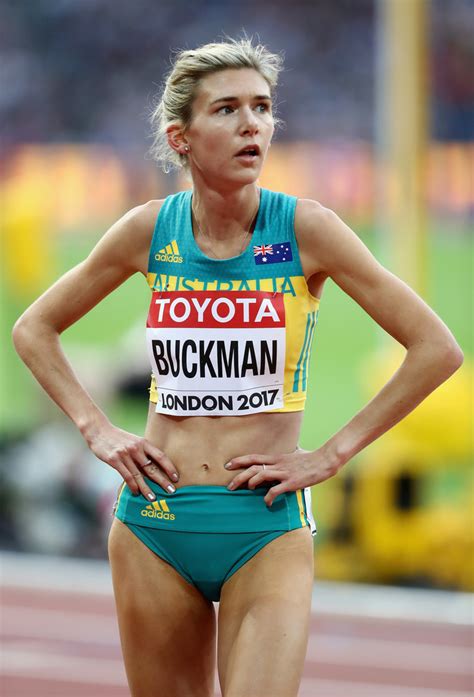A Quote by Roxane Gay
I support anything that broadens the message of gender equality and tempers the stigma of the feminist label. We run into trouble, though, when we celebrate celebrity feminism while avoiding the actual work of feminism.
Related Quotes
I consider myself 100 percent a feminist, at odds with the feminist establishment in America. For me the great mission of feminism is to seek the full political and legal equality of women with men. However, I disagree with many of my fellow feminists as an equal opportunity feminist, who believes that feminism should only be interested in equal rights before the law. I utterly oppose special protection for women where I think that a lot of the feminist establishment has drifted in the last 20 years.
Feminism involves so much more than gender equality and it involves so much more than gender. Feminism must involve consciousness of capitalism (I mean the feminism that I relate to, and there are multiple feminisms, right). So it has to involve a consciousness of capitalism and racism and colonialism and post-colonialities, and ability and more genders than we can even imagine and more sexualities than we ever thought we could name.
I think feminism has always been global. I think there's feminism everywhere throughout the world. I think, though, for Western feminism and for American feminism, it not so surprisingly continues to center Western feminism and American feminism. And I think the biggest hurdle American feminists have in terms of taking a more global approach is that too often when you hear American feminists talk about international feminism or women in other countries, it kind of goes along with this condescending point of view like we have to save the women of such-and-such country; we have to help them.
Radical feminist theorists do not seek to make gender a bit more flexible, but to eliminate it. They are gender abolitionists, and understand gender to provide the framework and rationale for male dominance. In the radical feminist approach, masculinity is the behaviour of the male ruling class and femininity is the behaviour of the subordinate class of women. Thus gender can have no place in the egalitarian future that feminism aims to create.
I don't think that the forms of feminism that are prevailing on campus are left wing. It's a conservative form of feminism in gender politics and there [isn't] anything particularly progressive about it. That's what is baffling. You've got conservatives acting like liberals touting free speech and due process.
Feminism is a choice, and if a woman does not want to be a feminist, that is her right, but it is still my responsibility to fight for her rights. I believe feminism is grounded in supporting the choices of women even if we wouldn't make certain choices for ourselves. I believe women not just in the United States but throughout the world deserve equality and freedom but know I am in no position to tell women of other cultures what that equality and freedom should look like.
As all advocates of feminist politics know most people do not understand sexism or if they do they think it is not a problem. Masses of people think that feminism is always and only about women seeking to be equal to men. And a huge majority of these folks think feminism is anti-male. Their misunderstanding of feminist politics reflects the reality that most folks learn about feminism from patriarchal mass media.
We don't all have to believe in the same feminism. Feminism can be pluralistic so long as we respect the different feminisms we carry with us, so long as we give enough of a damn to try to minimize the fractures among us. Feminism will better succeed with collective effort, but feminist success can also rise out of personal conduct.
If you are born a female and live as one, you can't deny your connection to feminism. I think if you are a female, you are a feminist. As far as my work goes, I don't want it to be interpreted solely from a feminist perspective, of course, but for a woman to have no interest in feminism or say that it doesn't concern her is self-denial. I know that sexism still exists within various societies and systems, whether blatantly or subtly. We are, however, much better off than previous generations.



































